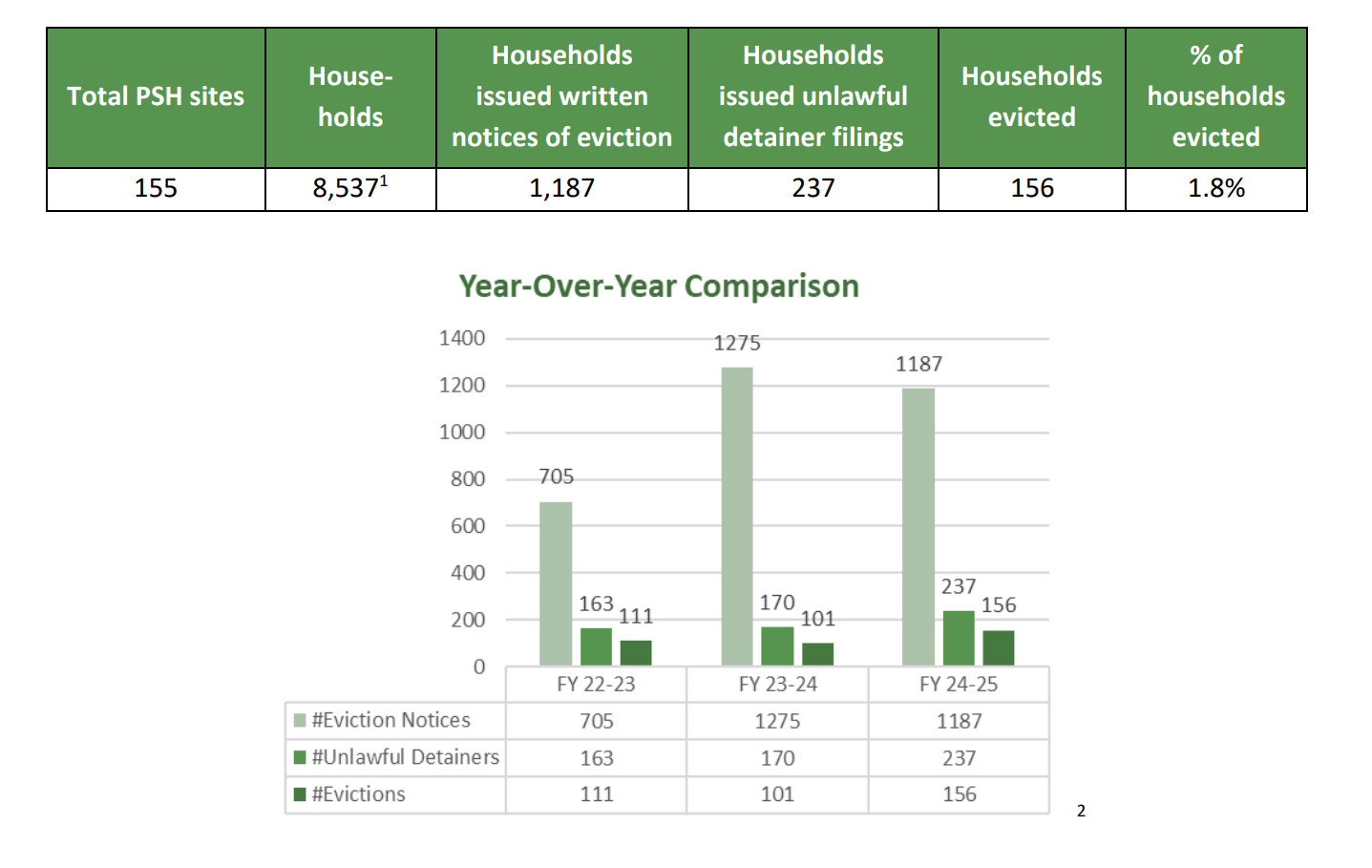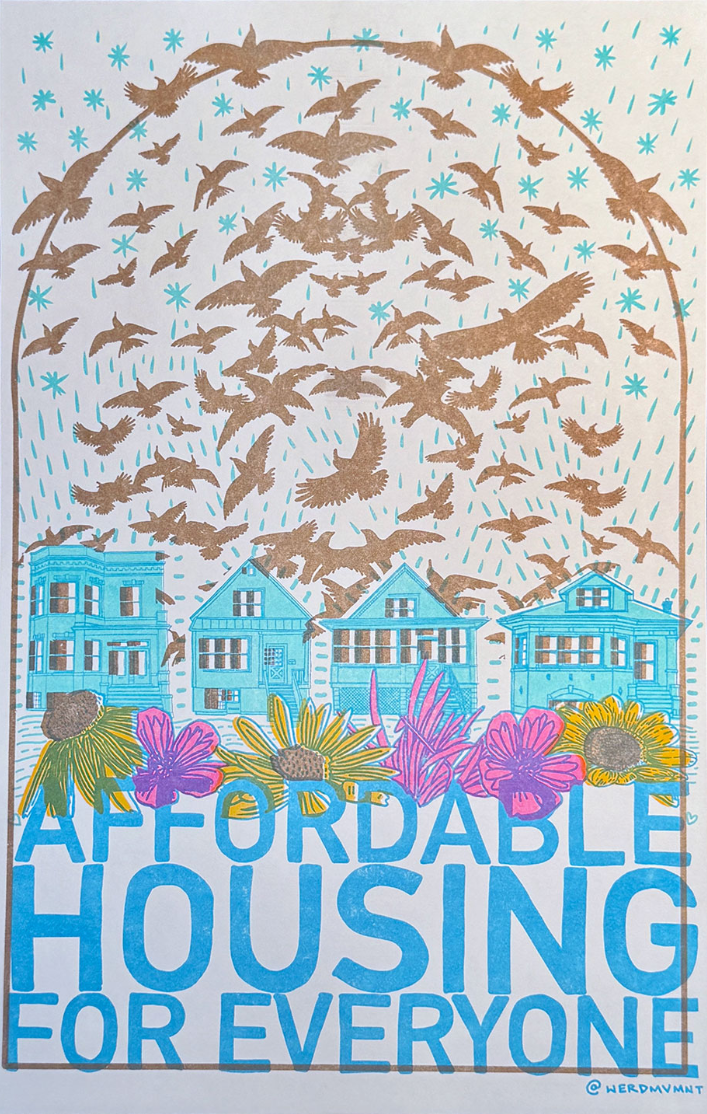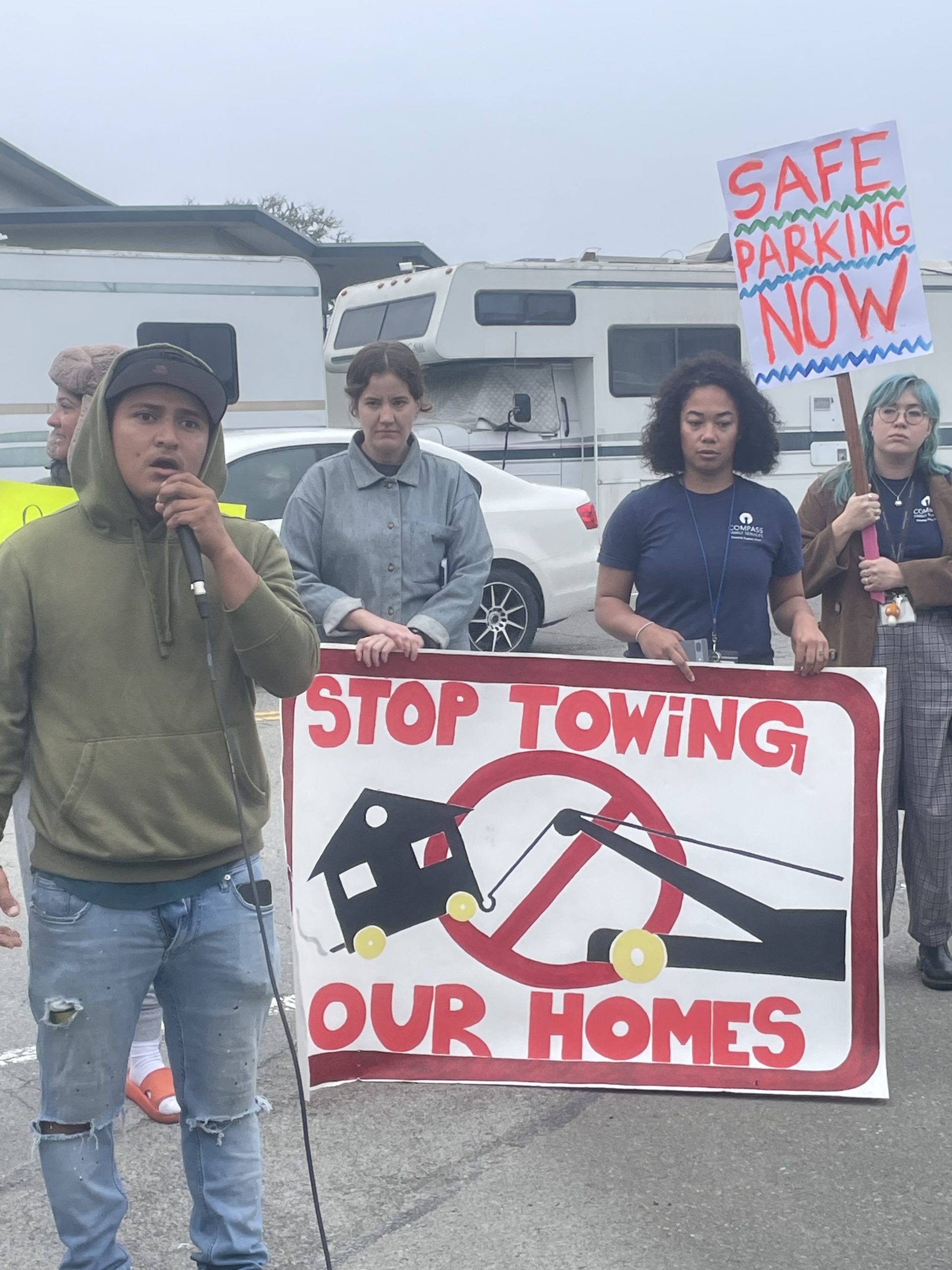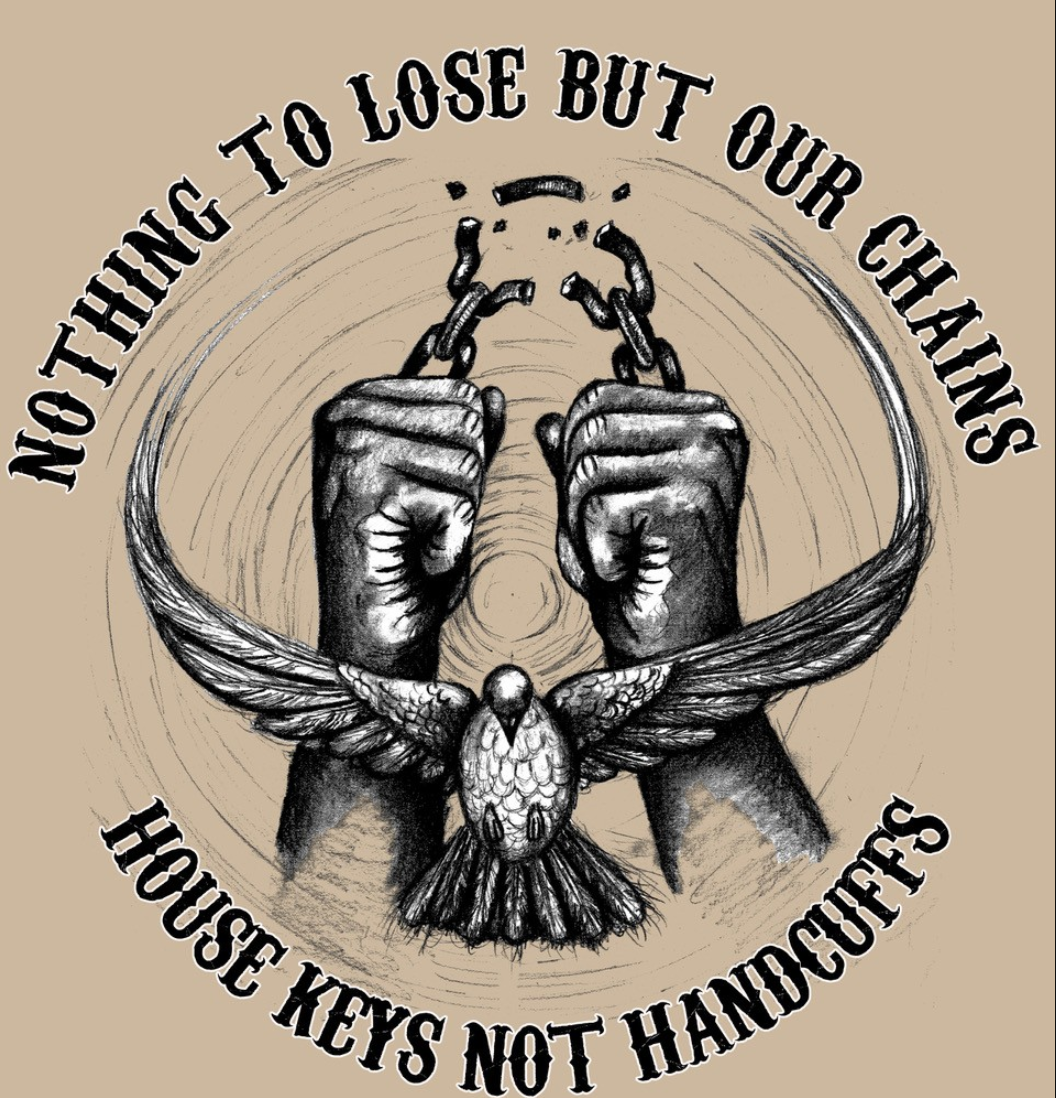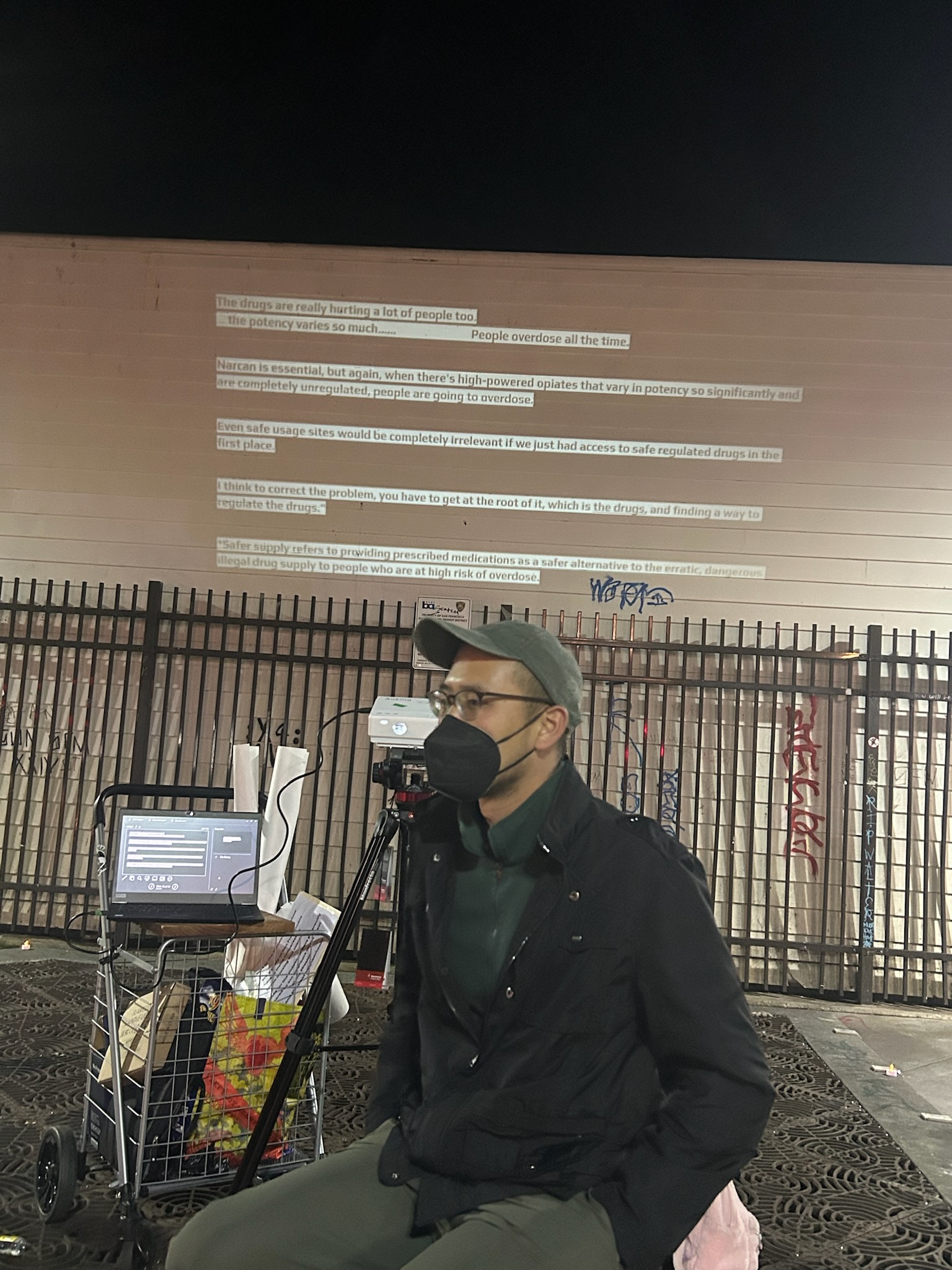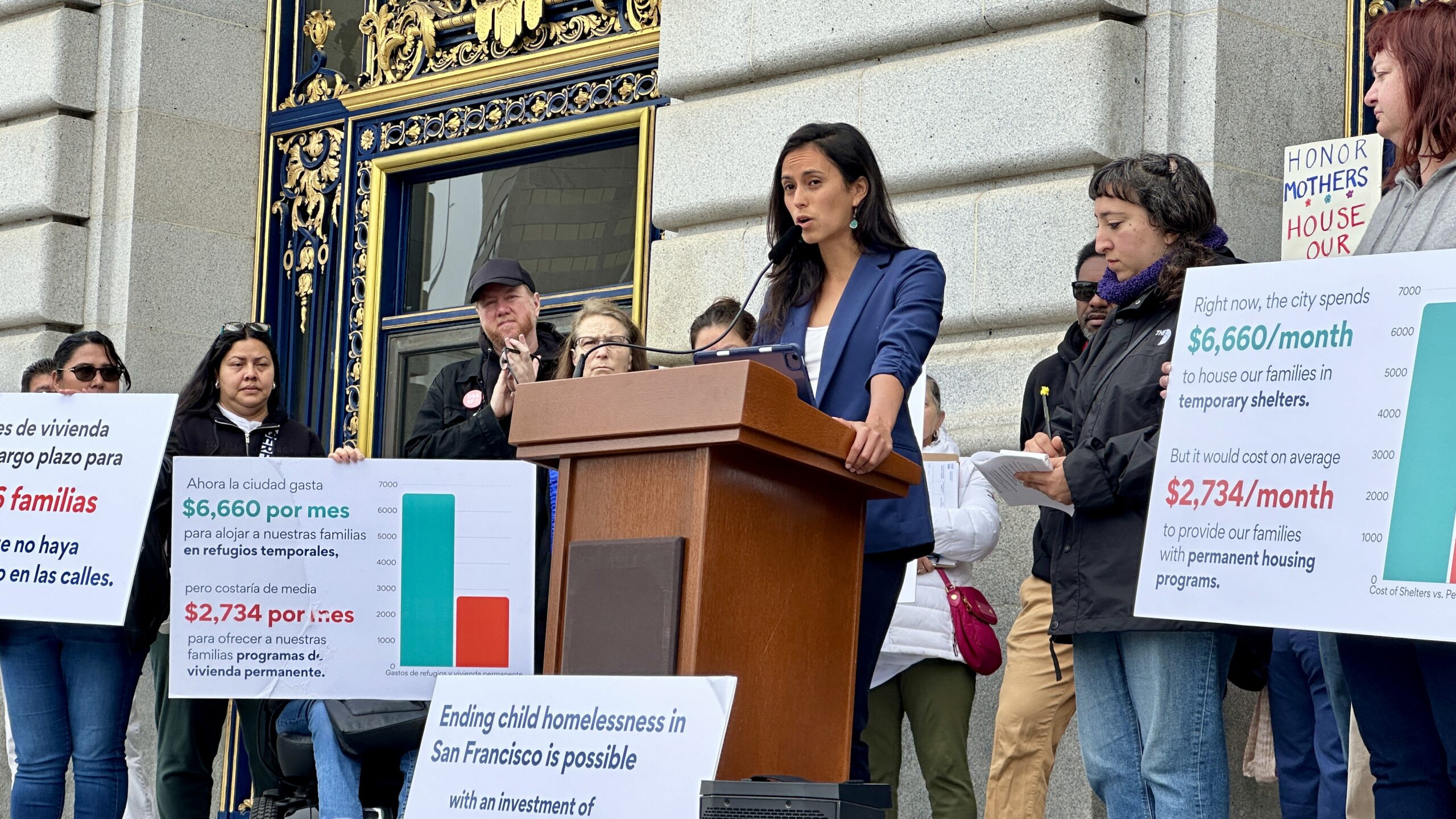by Jordan Wasilewski
On September 2, the Department of Homelessness and Supportive Housing (HSH) sent its report on evictions from Permanent Supportive Housing (PSH), as required by City law. For background, the ordinance requiring annual reports was pushed by then-Supervisor Mark Farrell in 2015 with little stakeholder engagement.
The report indicates the number of written notices (notifications of a landlord’s intent to initiate eviction process),

